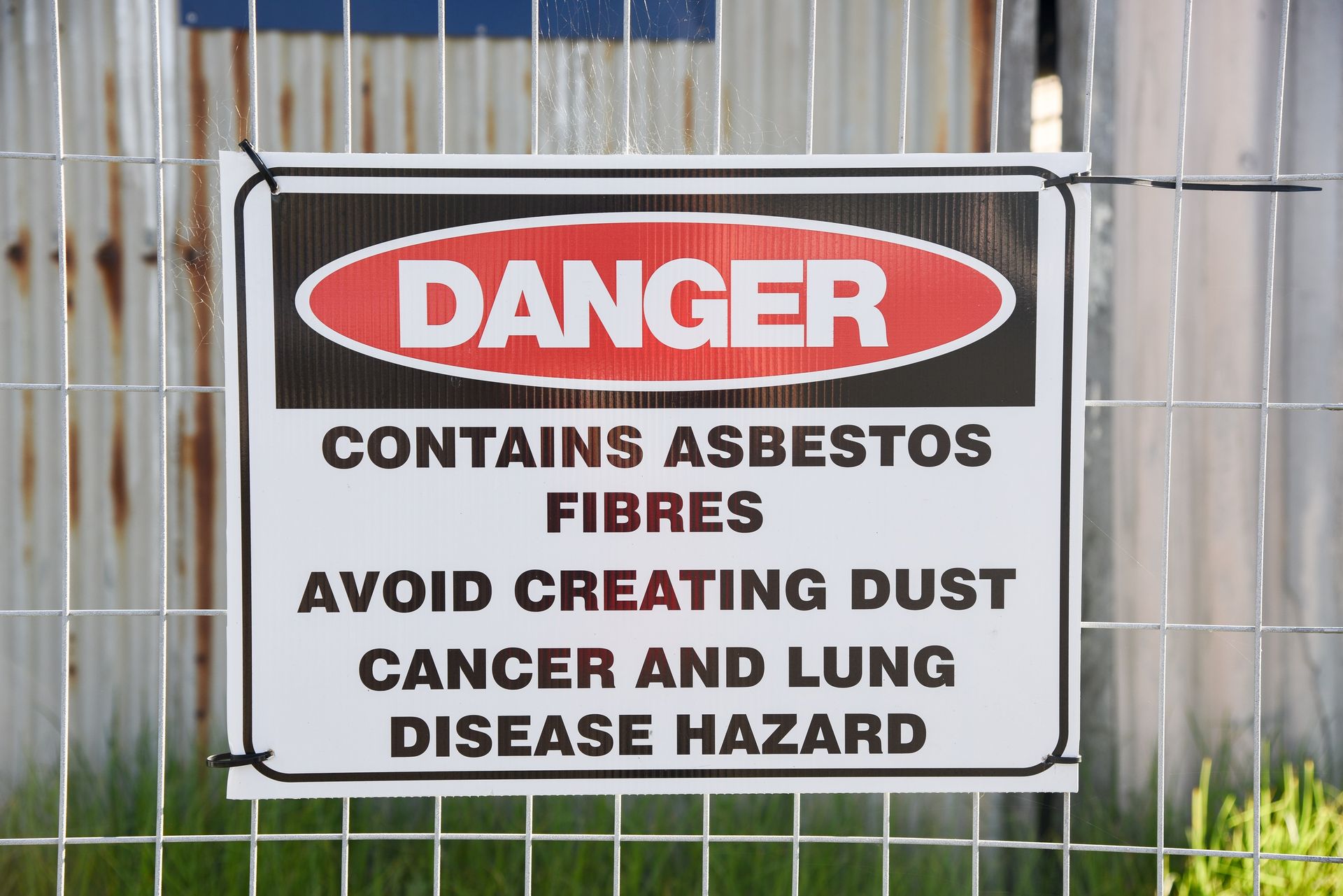What happens when the executor of the Will has predeceased the testator?
Valentina Zmijanjac, Associate • October 15, 2021
A Will is a document that sets out your wishes as to how you would like your estate to be distributed on your death. When having a Will prepared, you will need to choose one or more people to appoint as your executor. When you pass away, it is the executor or executors of the Will who will have the role of carrying out your wishes and administering your estate.
Often people will make a Will during their lifetime at key moments. For example, on the purchase of their first property, on the birth of their first child or when they have entered into a de facto relationship or marriage. However, many will then forget to review and update their Will through their lifetime.
Sometimes, an individual will forget to review their Will and when they pass away, the executor has already predeceased them. This is a common scenario where individuals appoint an executor of their Will when they have minor children and then forget to review the Will as their children become adults.
So what happens in the scenario when an executor has predeceased and there is no back up executor appointed in the Will?
The beneficiaries of the Will can make an application for a grant of letters of administration with the Will annexed with the Supreme Court of NSW. This is different to a grant of letters of administration when there is an intestacy. The application is usually made by the major beneficiary of the Will. If there are multiple beneficiaries than either all of the beneficiaries can apply jointly or one can apply with the consent of the others.
The applicant or applicants will then be appointed as the administrators of the estate. Once they are appointed, they will then have the right to administer the estate.
This process is not as straight forward as an application for a grant of probate. There can also be delays where the beneficiaries do no get along and a decision cannot be made as to who should make the application.
Hypothetical
Jenny Smith has two children, Julie and Tim who are twins and only 10 years old. Jenny wants to protect her children so she makes a Will appointing her brother Reece to be the executor. Reece passes away suddenly, and Jenny forgets to change her Will.
At the time of making her Will, Jenny did not appoint an alternate executor.
Jenny passes away and her children are now 20 years of age. Jenny’s Will is still valid, however, there is no executor appointed. Julie and Tim will need to come to an agreement as to whether they will both apply to be administrators or only one of them.
Lesson to be learned
It is important to have a Will in place setting out who is appointed as executor and who is entitled to the estate. However, it is also important to review your Will from time to time to ensure the executors you have appointed are still alive, willing and able to carry out this role.
You may also wish to appoint alternate executors at the time of drafting your Will to provide for in the event of the initial executor predeceasing, renouncing or losing capacity. If you have an alternate executor and the initial executor had predeceased, then an application for probate can still be made with evidence that the initial executor has predeceased.
As life changes, it is important to ensure your Will also needs to change.
Photo 11077037 © Karenr | Dreamstime.com

Kells has been delivering outstanding services and legal expertise to commercial and personal clients in Sydney and the Illawarra region for more than five decades. Our lawyers are savvy and understand your needs.
Subscribe
Want to get the latest articles and news delivered to your inbox?
Request a Callback
Need help with a legal matter? Send us your details and one of our team members will be in touch.
Quicklinks
Expertise
Read Our Latest Insights
Our Locations
© 2022 Kells Your Lawyers | ABN: 88 235 192 916
Liability limited by a scheme approved under Professional Standards Legislation




